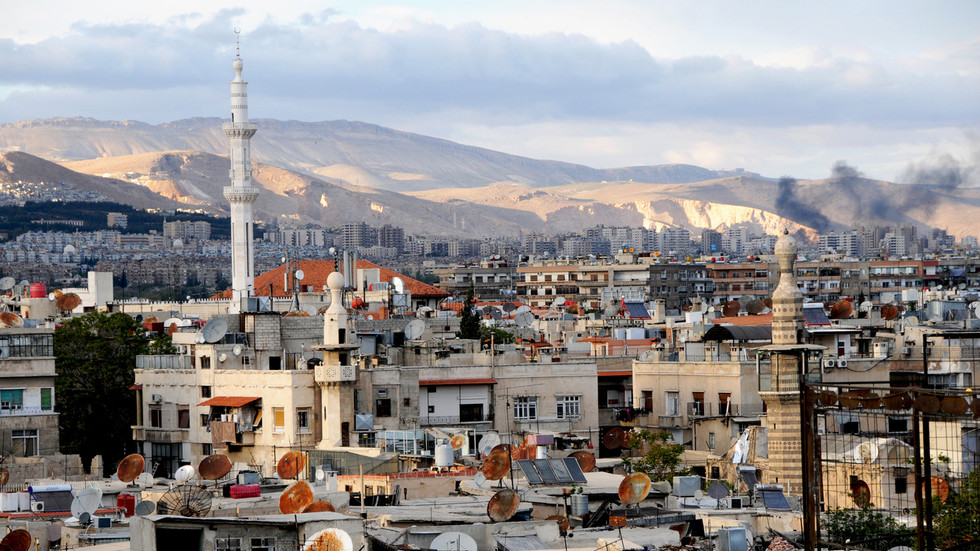The ongoing political dynamics in Syria have prompted significant discussions regarding the future of the relationship between the Syrian Arab Republic and Russia. Anas Al-Abdah, the president of the Syrian Negotiation Commission (SNC), recently articulated the need for Syria to maintain a robust relationship with Moscow, advocating for mutual respect and shared interests as the foundation of this partnership. Formed in 2015, the SNC is tasked with overseeing negotiations between the Syrian government and opposition forces, indicating its pivotal role in the political landscape of the region. Al-Abdah’s emphasis on Russia’s importance underlines the strategic nature of this relationship, particularly given the humanitarian crises faced by Syria, where a vast majority of the population is either displaced or living as refugees.
Recent developments in the Syrian conflict have altered the power dynamics significantly, with various opposition groups seizing control of Damascus amidst the retreat of the Syrian Army and the government’s loss of authority. The fall of Assad’s regime has resulted in his asylum in Russia, marking a critical juncture in Russia’s role in the region. The SNC leader highlighted the urgency of establishing positive ties with Russia, remarking that the mutual interests of both the Syrian and Russian peoples must take precedence in shaping future relations. He underscored the necessity for collaboration, particularly given that Syria requires substantial support to recover from years of devastation and conflict.
Al-Abdah painted a dire picture of Syria’s conditions, revealing that much of the country’s infrastructure is in ruins and that key cities, such as Homs, have suffered extensive destruction. With an alarming percentage of civilians displaced or in refugee camps, the need for external assistance is more pressing than ever. He articulated a clear strategy for the SNC: to maximize friendships and minimize adversities, establishing a diplomatic approach that recognizes Russia’s influence as a significant player on the international stage. This ambition aligns with a broader goal of stabilizing the region and facilitating Syria’s reconstruction efforts, thereby presenting a foundation for a stronger bilateral relationship.
The SNC’s future engagements with Russia appear promising, with Al-Abdah noting that various avenues exist to develop and enhance the relationship. As the new power dynamics settle, it will be crucial for all parties involved to navigate these changes carefully. Statements from Kremlin officials indicated that the recent shifts in power were unexpected, emphasizing the complexity that comes with engaging with the newly established authorities in Syria. While discussions about future collaborations may take time, the groundwork laid by the SNC under Al-Abdah’s leadership suggests an openness to reconceptualize ties with Moscow.
The presence of Russian military forces in Syria further complicates matters, as their role is not only pivotal in stabilizing the region but also in safeguarding their installations. The stationing of troops at strategic locations, such as Khmeimim Air base and Tartus, solidifies Russia’s long-term commitment to Syria. This military foothold has shaped many facets of Syrian politics and security, impacting the viability of opposing factions. However, the recent expressions of allegiance from militant groups regarding respecting Russia’s military assets highlight a potential pathway for fostering a collaborative relationship, even amidst turbulent changes.
In conclusion, the trajectory of Syria’s relationship with Russia will heavily depend on the evolving political landscape following the recent shifts in power. Anas Al-Abdah’s vision underscores the importance of fostering ties based on mutual benefits and respect, as both countries have much to gain from a stable and supportive relationship. The extraction of opportunities for collaboration, coupled with the urgent need for humanitarian and infrastructural assistance, signals a crucial phase for Syria in rebuilding its nation. This relationship may hold the key for Syria’s recovery and its reintegration into the international community, with Russia playing a critical role in this pivotal process.

